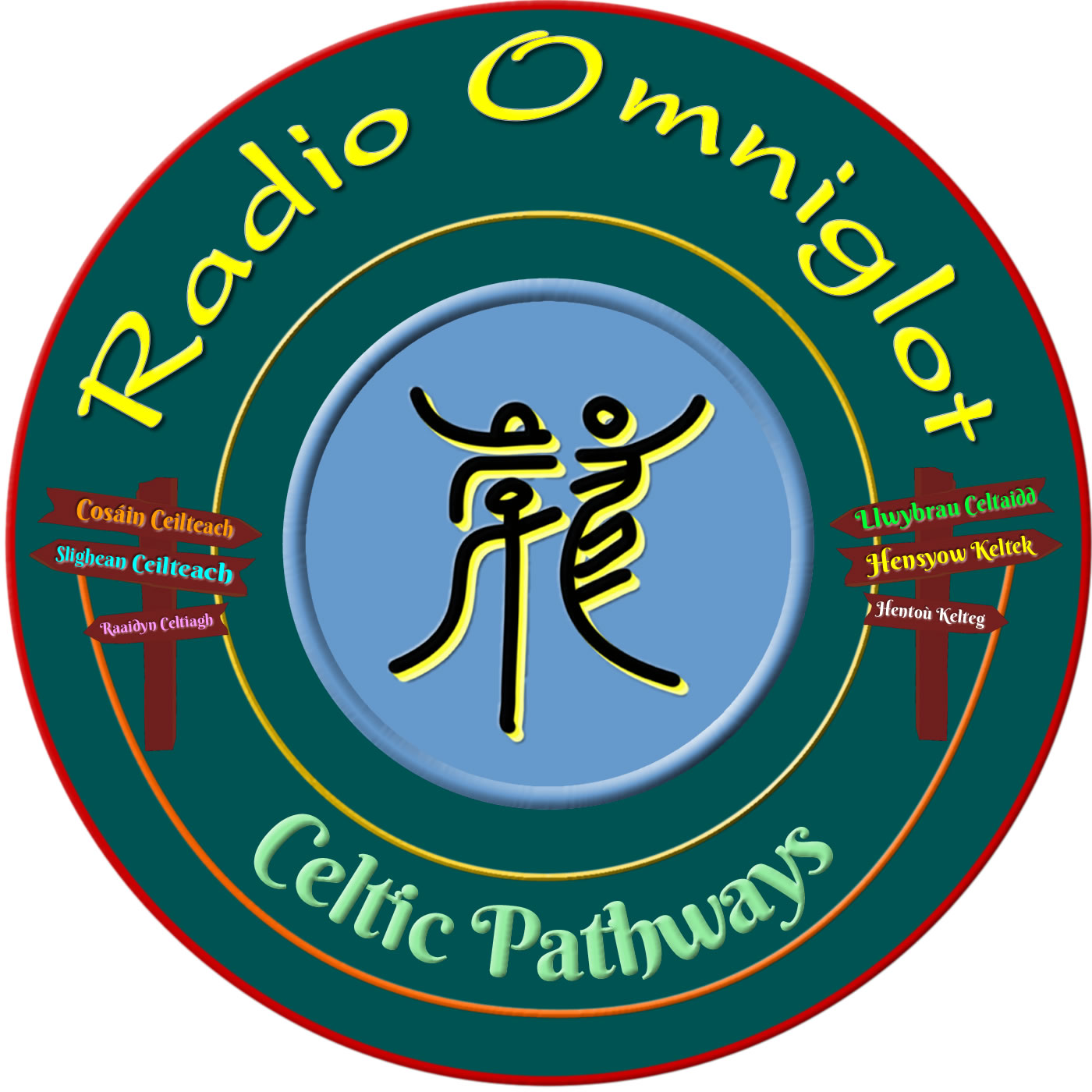

In this episode, we uncover the possible Celtic roots of words for hillsides and rough scrub land in Romance languages.
The Proto-Celtic words *brigā (hill, fortress) and *brixs (hill), both come from Proto-Indo-European *bʰérǵʰ-s (something high up, fortified) [source].
Related words in the modern Celtic languages include:
- brí [bʲɾʲiː] = brae, hill in Irish
- bre [bre] = hill, headland in Scottish Gaelic
- bre [bre] = hill, hillock, mountain, hill-country, upland, peak in Welsh
- bre [brɛ: / bre:] = hill in Cornish – appears as Bray or Brae in placenames
- bre [breː] = hill, mountain in Breton
For more details of related words in the Celtic languages, see the Celtiadur post Hills.
Words from the same Proto-Celtic root, via Gaulish *brigā (hill, fortress) and Latin *brigna (rocky terrain), possibly include bricco (hill, crag, ridgeside) in Italian, breña (scrub, brush, rough ground) in Spanish and Galician, and brenha (scrub, complication, confusion) in Portuguese [source].
Words from the same PIE roots include burrow and borough, (and place names ending in burg(h), boro(ugh), bury, etc.) in English, Burg (castle) in German, burcht (citadel, castle, borough, burrow) in Dutch, and bourg (market town, village) in French – also found in place names, such as Strasbourg and Luxembourg [source].
